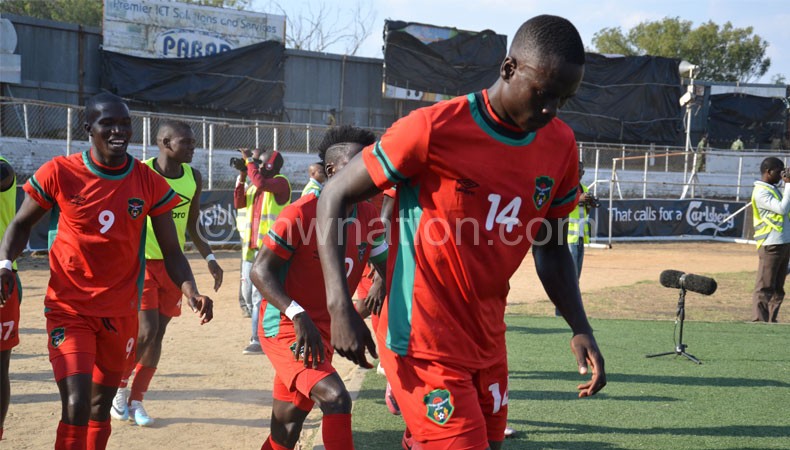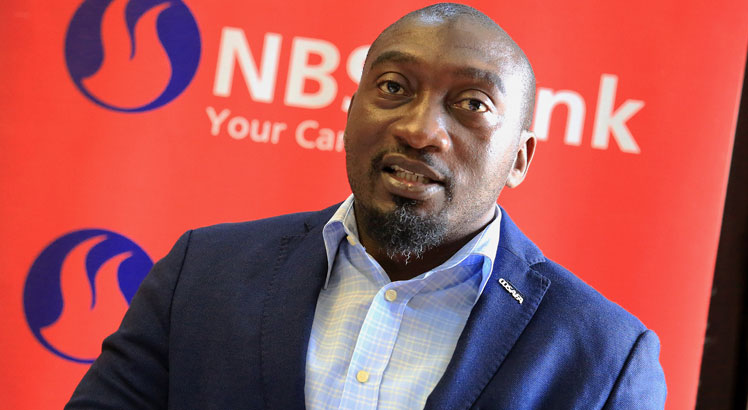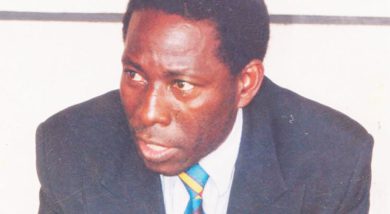Flames paid the price—Pundits

The Leopards of DR Congo claimed the final spot in the qualifiers for the 2015 Africa Cup of Nations after finishing on nine points—the highest points attained by any of the third-place teams from the seven groups.
This means the Flames—who finished with seven points after a goalless draw against Ethiopia— would have had a chance of competing for the slot had they won their final game as they would have tied on points with the Congolese.
But even in the event of a win against Ethiopia, the Flames would still have been haunted by an inferior goal difference as they needed to win with a five-goal margin to be at par with DR Congo.
Overall, Malawi finished as third best among the seven third-placed teams behind DR Congo and Nigeria [eight points].
The Flames were, to some extent, banking on Algeria to ease the path for them by beating Mali in their last fixture, but it does not always go according to script and the Malians did it to perfection by coming out 2-0 victors at home in Bamako.
Flames coach Young Chimodzi said the Flames were still supposed to fight their own battle.
“We were not supposed to depend on others. Of course, we did not play well, however, there are instances when you do not play well, but you create chances and win,” said Chimodzi.
Seasoned tactician Yasin Osman and former Flames captain Peter Mponda said the Flames paid the price for failing to win all home matches, but added that given the necessary support, the team has the potential to do well.
“The reality was that when they were heading into their final qualifier, chances were already slim because there were too many ‘ifs’ and the mountain was a bit too high to climb.
“We did well to beat Ethiopia and Mali at home and got a point against Ethiopia, but we tumbled after losing to Algeria at home,” said Osman.
On the way forward, Osman suggested the need for government to invest more in the team.
“It is not a bad team, there is need for more government commitment in terms of funding so that the players can be motivated and the team can also take part in tournaments such as Chan [Championship of African Nations] to expose more local players,” he said.
Mponda, who captained the team to 2010 Afcon qualification, said: “The guys put up a gallant fight, especially in the last two games against Mali and Ethiopia, but I think there are two games that we gave away—against Algeria at home and Mali away.
“We also conceded unnecessary goals that could have been avoided such as Mali’s second goal away, Algeria’s two goals at home and Ethiopia’s two goals here at home.”
Revered former international goalkeeper Clement Mkwalula said the Flames woke up from their slumber rather late.
“If we had started the campaign the way we did in the last two matches [against Mali and Ethiopia], I am sure we would have been talking something different now,” said Mkwalula who was a key member of the squad that first qualified for Afcon in 1984.
FAM president Walter Nyamilandu was yet to respond to our questionnaire on the way forward yesterday.
Principal secretary in the Ministry of Youth and Sports Justin Saidi said while he concurred with views that the team needs adequate funding, the task should not be left to government alone.
The qualified teams are Equatorial Guinea (hosts), Algeria, Burkina Faso, Cape Verde, Cameroon, Congo, Cote d’Ivoire, DR Congo, Gabon, Ghana, Guinea, Mali, Senegal, South Africa, Tunisia and Zambia. Out of these, only South Africa and Zambia are from the Cosafa bloc.





